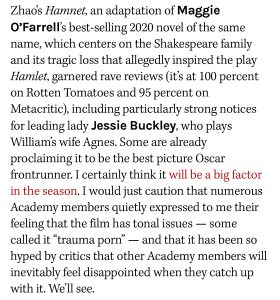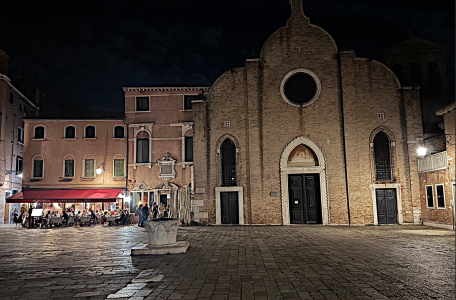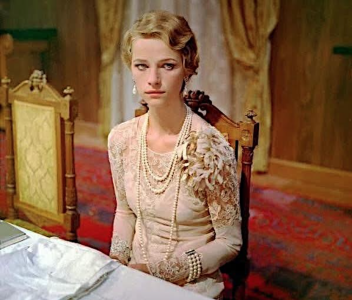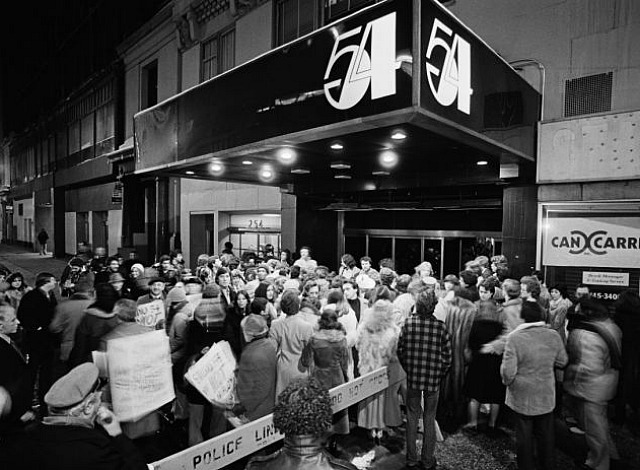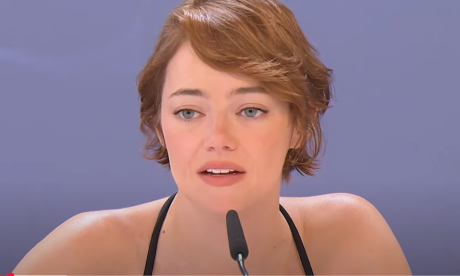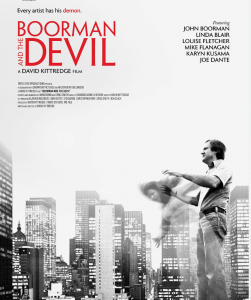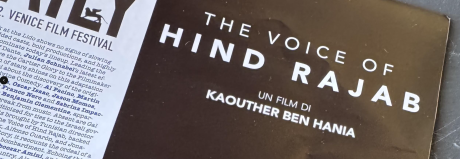Remember the good old JFK days when it took a little while to attack the Soviet Union with nuclear weapons? If a rogue order to bomb the Russkis had been given by an unstable SAC base commander in the early ’60s, say, nuclear bombs would then be delivered by Air Force guys flying big-ass B-52s, and with “one geographical factor in common — they are all two hours from their targets inside Russia.”
President Merkin Muffley has two hours to try and stop this bonkers attack and thereby prevent the Doomsday Machine from going off? Man, that’s a really luxurious time frame to work with, certainly compared to the lousy 25 minutes that top-level strategists and officials (White House, government, military) have in Kathryn Bigelow‘s A House of Dynamite (Netflix, 10.10).
A bum 25 minutes to, like, do something about a North Korean or Chinese or possibly even a Russian nuclear missile heading toward the great city of Chicago? C’mon! Some people need 25 minutes just to take a dump and then wash their hands, brush their teeth and spray the bathroom with Febreze.
First of all, isn’t 25 minutes a bit much, as in not enough breathing room? Wouldn’t it be dramatically preferable if the missile’s travel time took 40 minutes instead? More time to think, consider options, fire back at Pyongyang, freak out, call loved ones, generate an immediate warning to Chicago-area smartphones, etc.
A 6.22.18 Business Insider report estimated that a nuke travelling from Pyongyang to Chicago might take 39 minutes and 30 seconds. Has that Armageddon clock really been cut by 50% over the last seven years?
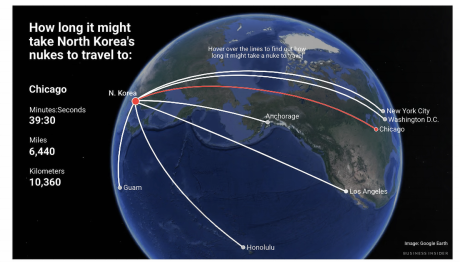
The fact that Dynamite lasts 112 minutes may suggest to some that the essential suspense kicks in for only 25 or so, once, or roughly one-fifth of the running time….wrong.
Bigelow and screenwriter Noah Oppenheim‘s strategy is to wade into three versions of the same 20-minute countdown — different locales, different key characters, all wearing the usual clenched, super-grim expressions.
Now that I’m re-running the film in my head, I’m not precisely recalling how those three 25-minute sections add up to 112. I’d really like to watch it again with a stopwatch.
If Bigelow went with three 40-minute sequences, more situational stuff could happen. Little things, big things, eccentric whatevers. 20 minutes is just too crammed, man. Especially for the people of Chicago.
Unless I missed something (and it’s quite possible that I did), none of the Dynamite decision-makers give serious thought to the idea of instant-messaging the entire Chicago populace (not to mention the people of Illinois, Wisconsin and Indiana) and saying something like “hey, guys…not much time for anything, but you need to immediately find some local school with old-fashioned classrooms so you can can all put your heads under the desks…seriously, you have 25 minutes to confess your sins or fuck your boyfriend or girlfriend one last time or go to church and pray to the one and only God or order your favorite spicy hot dog or Subway ssalami andwich or tell your kids that you adore them or, you know, pop an Oxy or inject yourself with Vietnamese heroin.”
One of the basic Dynamite messages, by the way, is that this country’s “iron dome” defense system doesn’t work all that well, especially when the task is “htting a bullet with a bullet.”
Fair question #1: “Yeah, okay, it’s a tough nut to crack but if you can’t lick this technological challenge, then what good are you, Jimmy Dick?”
Fair question #2: If you were Oppenheim and creating A House of Dynamite on your Macbook Pro, would your instinct be to show Chicago being melted to death and/or blown into little shards with a super-gigantic mushroom cloud reaching so many miles high that even Cary Grant‘s Roger Thornill could see it from that Prairie Stop Highway 41 cornfield, which was….what, in southern Illinois or western Indiana?
Or would you figure “naaah, it’s more effective to hold back and prompt the audience to imagine the carnage instead?”
Cheers and congrats to all the Dynamite players, first and foremost Rebecca Ferguson (generally the coolest and most composed), followed by Idris Elba (irked and perplexed U.S. President), Gabriel Basso (second most disciplined), Jared Harris (unstable James Forrestal-like Defense Secretary), Tracy Letts (the General Buck Turgidson of this scenario, only older and without the laughs and no pistol-hot girlfriend), Anthony Ramos (hardcore team leader who vomits when push comes to shove), Moses Ingram, Jonah Hauer-King, Greta Lee (North Korean expert) and the great Jason Clarke
A House of Dynamite is not my idea of a game-changer in any kind of stylistic visual sense. It’s basically just a highly effective throttle-ride, very nicely shot by regular Bigelow dp Barry Ackroyd, and razor-cut like a motherfucker by Kirk Baxter.
What’s the default term? “A super-tense, nail-bitten thriller that Joe and Jane Popcorn will have a high old time with”…something like that But it won’t deliver the same charge on a 65-inch HD screen. It was great seeing it on the huge screen at the Sala Darsena. Everyone should be so lucky or priveleged.


